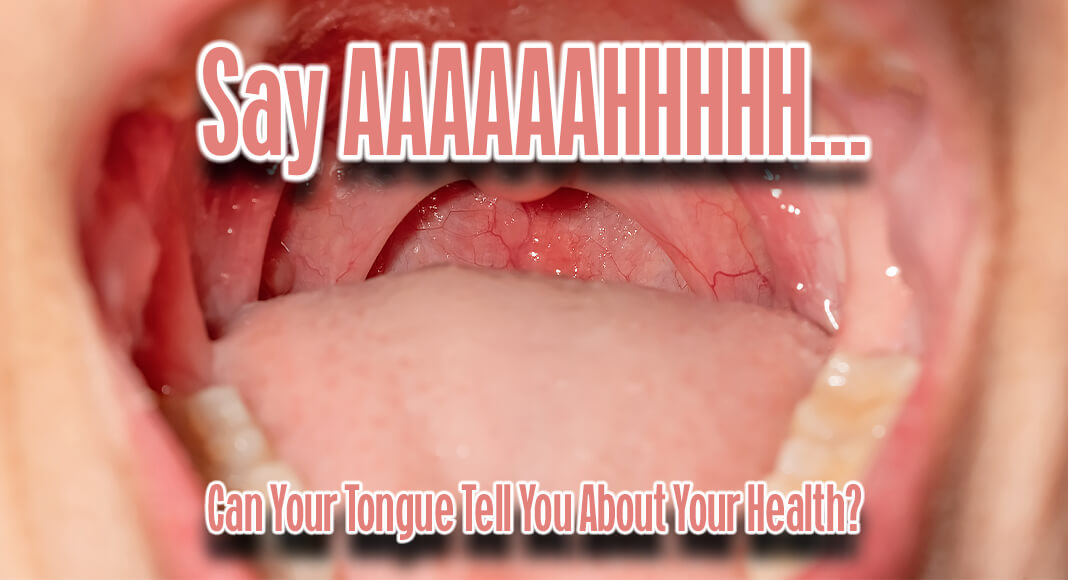
Mega Doctor News
CLEVELAND CLINIC- We’ve all heard it’s a good idea to regularly check our skin for anything suspicious, but what about our tongues?
It turns out they can give us some insight into our overall health.
So, what does a normal tongue typically look like?
“Most normal tongue colors are pink, though shades may vary from a lighter pink to a darker pink. You’ll see papillae and taste buds, and those are the little bumps. Those belong on the tongue and are part of the taste receptors and how we enjoy our food,” explained Marianne Sumego, MD, a primary care physician with Cleveland Clinic.
When it comes to tongue color, Dr. Sumego said any color aside from pink may signal something’s wrong.
A yellow tongue can indicate poor oral hygiene, while a red tongue may mean you have a vitamin deficiency.
Meanwhile, a blue tongue can develop due to something as serious as a lack of oxygen in your blood.
With all this in mind, it’s important to seek a medical provider if you notice any changes in your tongue’s color.
Dr. Sumego said it’s also important to watch for lesions on the tongue.
“Check for any lesions on the tongue, particularly those that are plaque-like, or smooth patches. One is called leukoplakia, which causes painless white or gray patches to develop,” Dr. Sumego said. “There’s also erythroplakia, which causes red lesions. If those aren’t healing or changing, then consult your physician or dentist.”
Dr. Sumego stresses it’s best to check your tongue regularly and follow up on anything that looks unusual.









